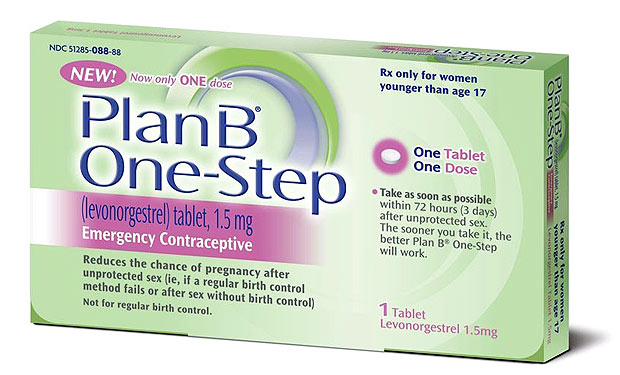Abortion activists criticized U.S. Supreme Court nominee Brett Kavanaugh for allegedly calling birth control “abortion-inducing drugs.”
The comment Kavanaugh made Thursday specifically was about Priests for Life’s challenge of the Obamacare HHS mandate, a case he ruled on in 2015 while serving on the U.S. Circuit Court of Appeals for the District of Columbia.
When asked about his opinion in favor of Priests for Life, Kavanaugh said:
“That was a group that was being forced to provide certain kind of health coverage over their religious objection to their employees. And under the Religious Freedom Restoration Act, the question was first ‘was this a substantial burden on the religious exercise,’ and it seemed to me quite clearly it was. It was a technical matter of filling out a form, in that case filling out the form would make them complicit in the provision of the abortion-inducing drugs that they were as a religious matter objecting to.”
Planned Parenthood, NARAL and other pro-abortion groups quickly latched onto the phrase “abortion-inducing drugs” to smear Kavanaugh as an anti-birth control and anti-science radical. However, their claims were extremely misleading because some forms of birth control can cause abortions in the earliest stages of pregnancy. What’s more, Kavanaugh never suggested that all forms of birth control act as abortifacients.
“Kavanaugh just referred to birth control as ‘abortion-inducing drugs,’ which is not only an anti-science lie, it’s an anti-choice extremist phrase that shows that our right to access both abortion and contraception would be in SERIOUS danger if he is confirmed,” NARAL tweeted.
Dawn Laguens, vice president of Planned Parenthood, claimed birth control doesn’t cause abortions and slammed Kavanaugh for “ignoring reality.”
“The fact that a nominee for the highest court in the land just doesn’t get that is incredibly alarming and puts our access to birth control at risk,” Laguens said.
SIGN THE PETITION: Vote to Confirm Supreme Court Nominee Brett Kavanaugh
Their statements contradict information by the Food and Drug Administration on the morning-after pill, Plan B and other emergency contraception.
The FDA notes: “Plan B One-Step is believed to act as an emergency contraceptive principally by preventing ovulation or fertilization (by altering tubal transport of sperm and/or ova). In addition, it may inhibit implantation (by altering the endometrium).”
Inhibiting implantation means an already-conceived unique, living human embryo may be blocked from implanting in his/her mother’s uterus, thus ending their life.
Plan B’s own packaging warns that the drug may destroy a newly conceived human being: “This product works mainly by preventing ovulation (egg release). It may also prevent fertilization of a released egg (joining of sperm and egg) or attachment of a fertilized egg to the uterus (implantation).”
Pro-life groups also have pointed to comments from the maker of the drug and additional studies showing that the morning after pill may act as an abortion agent in some cases, terminating the life of a unique human being hours after conception.
There is evidence that other birth control drugs and devices, including the IUD and ella, also may cause an abortion very early in pregnancy. The U.S. Department of Health and Human Services Office of Women’s Health basically admitted as much on its website in 2014: “It [sic – If] fertilization does occur, the IUD keeps the fertilized egg from implanting in the lining of the uterus.” A fertilized egg is already a living human being with his/her own unique DNA.
It was these drugs that most of the HHS mandate challengers opposed providing. The most well-known HHS challenger, Hobby Lobby, objected to just four forms of birth control that may act as abortifacients; it provided 16 other forms to its employees without objection.
During previous questioning, Kavanaugh made it clear that the pro-life businesses and organizations in question were opposed to being forced to pay for “abortion-inducing drugs” and not necessarily all forms of birth control.
“I concluded that penalizing someone thousands and thousands of dollars for failing to fill out a form because of their religious beliefs was wrong,” Kavanaugh said.








